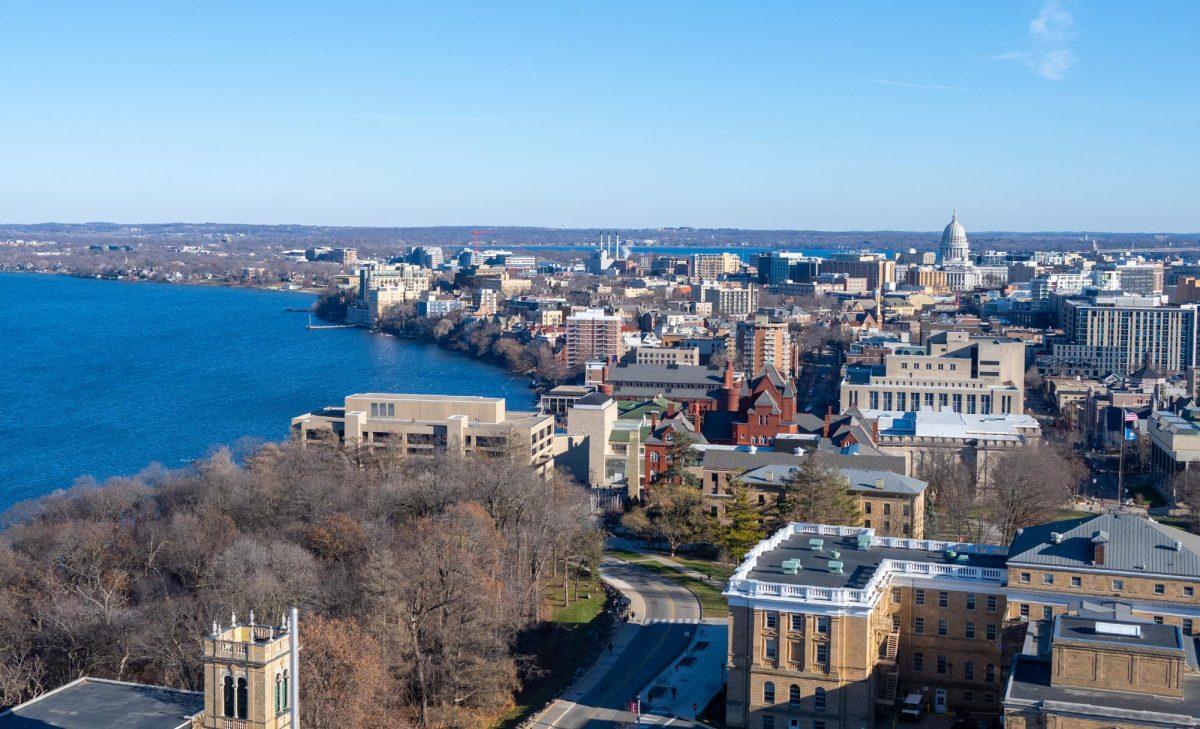University of Wisconsin Chancellor Jennifer Mnookin announced the launch of the Sustainability Research Hub in February— an initiative that will make the institution a leading location for sustainability research and education, according to a release from the Nelson Institute for Environmental Studies.
Nelson Institute of Environmental Studies Dean Paul Robbins said the Hub will contribute to sustainability research initiatives that already exist at UW. The Hub will streamline these resources by creating an interconnected network of researchers from several UW departments to accelerate progress and breakthroughs.
Those working at the Hub are using Academic Analytics, a software which enables them to locate researchers from different departments and put them into a single database, so every sustainability researcher on campus is identifiable and can find one another, Robbins said.
“Would I go out and hire another 40 faculty in sustainability if I could? Yes, of course. We could always use more talent,” Robbins said. “But we’re underutilizing the talent we have. We’ve got to be able to bring them together so they can strike sparks — the sparks make intellectual fire.”
The Sustainability Research Hub is currently located on the sixth floor of the UW’s Office of Sustainability on Park Street. Their doors are always open, however the brunt of their work is done virtually, Robbins said.
One major initiative that the Hub is currently working on is landing a $160 million grant focused on energy and water sustainability from the U.S. National Science Foundation called the NSF Engines Proposal, Robbins said.
To secure it, the Hub is actively identifying relevant campus experts in energy and water through the Academic Analytics software, Robbins said. The team is also collaborating with external partners like The Water Council in Milwaukee and other potential private sector companies, Robbins said.
Robbins said grant money isn’t the sole metric of success for the Hub. Rather, a key metric for success at the Hub will be fostering strong partnerships with organizations outside of the university.
“That’s the Wisconsin Idea measure — if we secure a lot of money, that’s one thing,” Robbins said. “But what we really want is for our partners to think ‘Yeah, we worked with them, and they actually came up with a solution to a sustainability problem in our industry.’ That’s golden. That’s the best metric. Happy partners.”
The Hub won’t get its grants without strong partners, Robbins said. In the past, scientists would work in the lab, compile a report, write the grant and get the money, Robbins said.
But things have changed. Now federal organizations like NSF want to see a true social benefit from their investments, something that reflects them in a positive light to the public eye, Robbins said.
“The NSF has gotten wise — it’s federal tax dollars on the line. They want to see public good,” Robbins said. “Having happy partners means you’re actually doing your job as an agency of the state of Wisconsin, which is what the University of Wisconsin is.”
Editor’s note: This story was updated to correct information on the location of the Hub.


